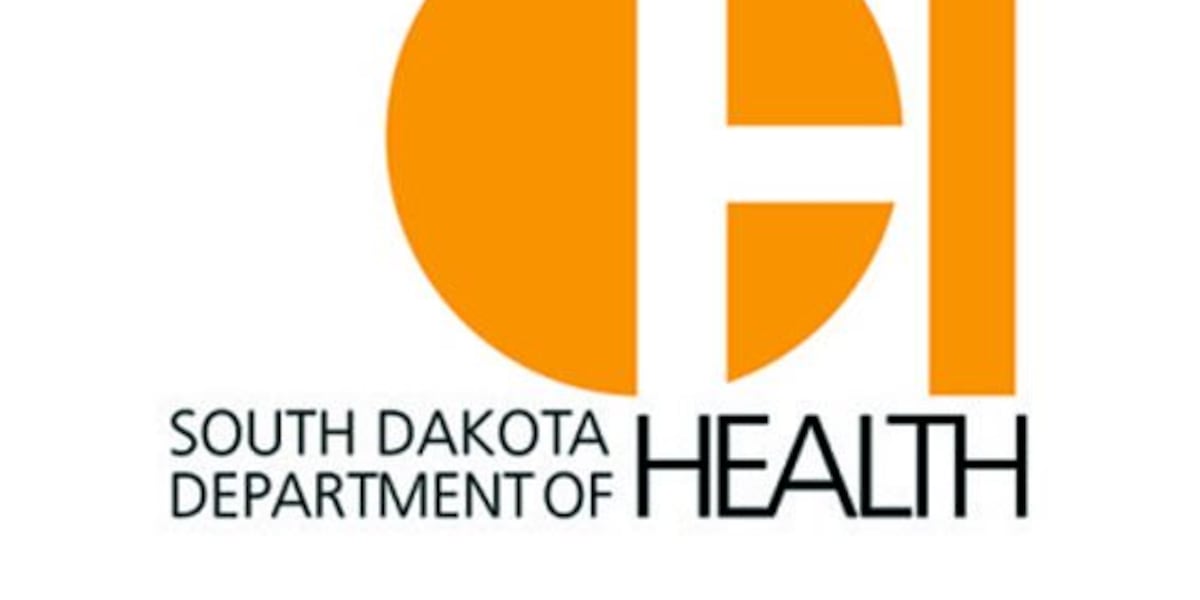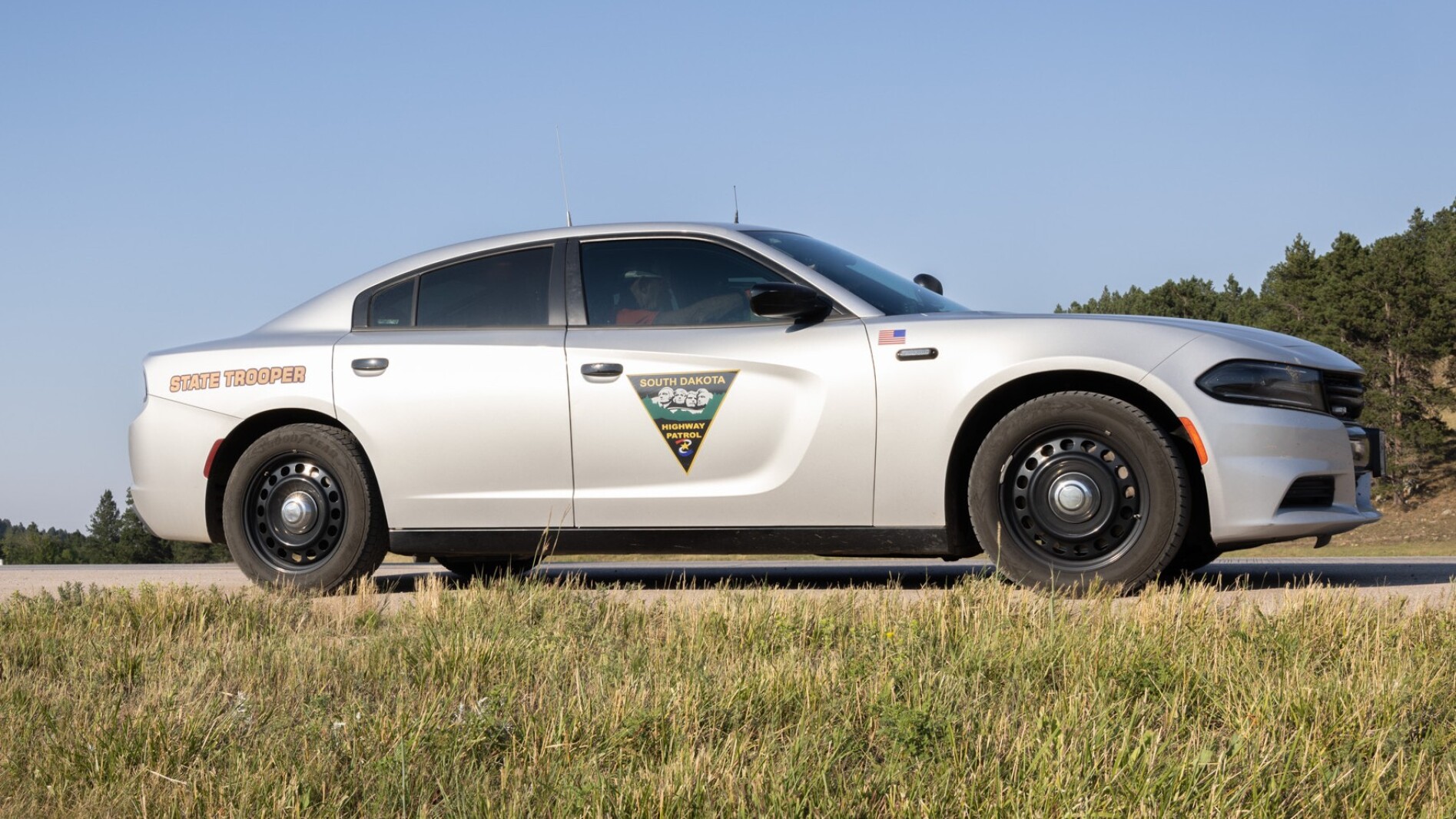Share this article paywall-free.
A family walks through the alien landscape along the Door Trail in Badlands National Park.
Memorial Day marked the beginning of the summer schedule for park ranger programs at Badlands National Park in South Dakota.
Programs run through Sept. 4; all times listed are Mountain Time.
Fossil Preparation Lab (9 a.m. to 4 p.m. daily): one of the unique experiences visitors can have at Badlands National Park is a visit to the Fossil Preparation Lab. Badlands is the only National Park where visitors can interact with paleontologists and interns as they process actual specimens found in the park for future research. (Wheelchair accessible).
Geology Walk (8:30 a.m. daily; 45 min.): explore the rock formations at Badlands National Park. Meet at the Door Trailhead at the north end of the Door/Window parking lot, around two miles north of the Ben Reifel Visitor Center on Badlands Loop Road.
People are also reading…
Fossil Talk (10:30 a.m. daily; 20 min.): explore what fossils can tell us about ancient life in the Badlands and why they should be protected. Meet at the Fossil Exhibit Trail, approximately five miles northwest of the park headquarters/visitor center on Badlands Loop Road. (Wheelchair accessible).
Junior Ranger Program (10 a.m.; schedule varies): all kids (young and old) are invited to meet at the Ben Reifel Visitor Center for a 30- to 45-minute adventure exploring an exciting aspect of Badlands National Park. It could be a hike, game or other activity. Attendees will receive a Junior Ranger badge after the activity. For more information, visit nps.gov.
Evening Program (Daily; May 27 to July 31 at 9 p.m.; Aug. to Sept. at 8:30 p.m.): join a park ranger for a 35-minute presentation at the Cedar Pass Campground Amphitheater. A weekly listing of program talks is available at the Ben Reifel Visitor Center, Cedar Pass Lodge and Cedar Pass Campground kiosk. (Wheelchair accessible).
Night Sky Program (Daily; May 27 to July 31 at 9:45 p.m.; Aug. to Sept. at 9:15 p.m.): view the spectacular night sky through a variety of telescopes or bring your own binoculars. NPS night sky staff will help visitors locate and identify stars, constellations, planets and other objects. (Wheelchair accessible).
The National Park Service advises visitors to bring sunscreen, plenty of water, sturdy shoes or boots, and a hat for most programs.
Contact Darsha at ddodge@rapidcityjournal.com


/cloudfront-us-east-1.images.arcpublishing.com/gray/6XLOHPJHZ5EVNCDMQFDEOJVGBU.jpg)
/cloudfront-us-east-1.images.arcpublishing.com/gray/EXTTPJS32FL3HHSCU3DHDAFN7A.jpg)


























